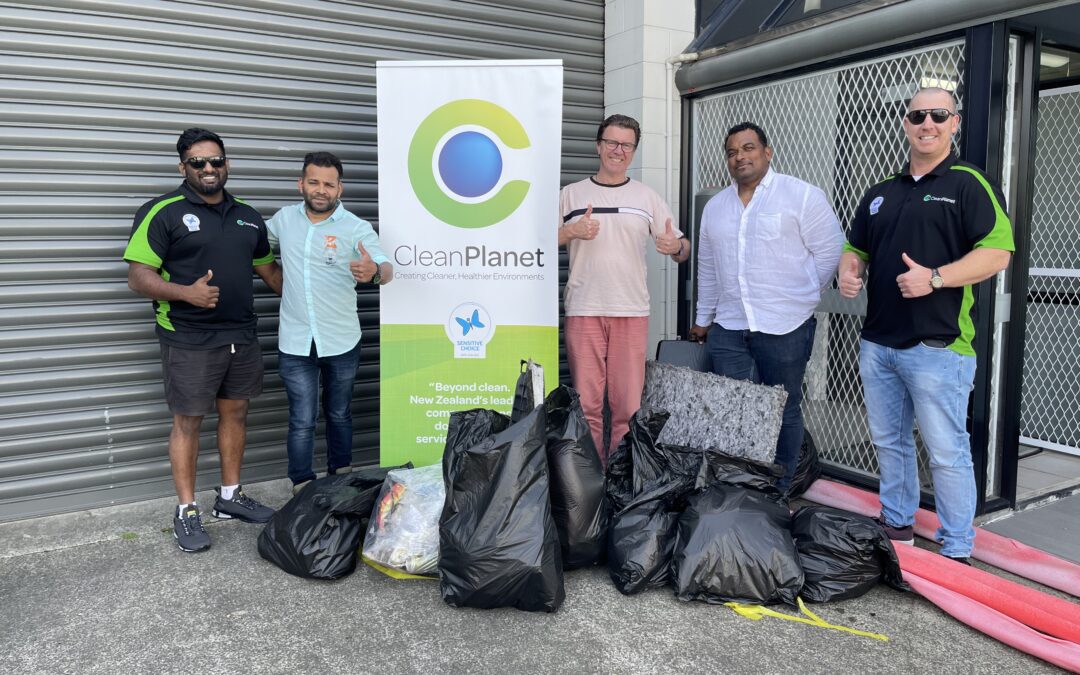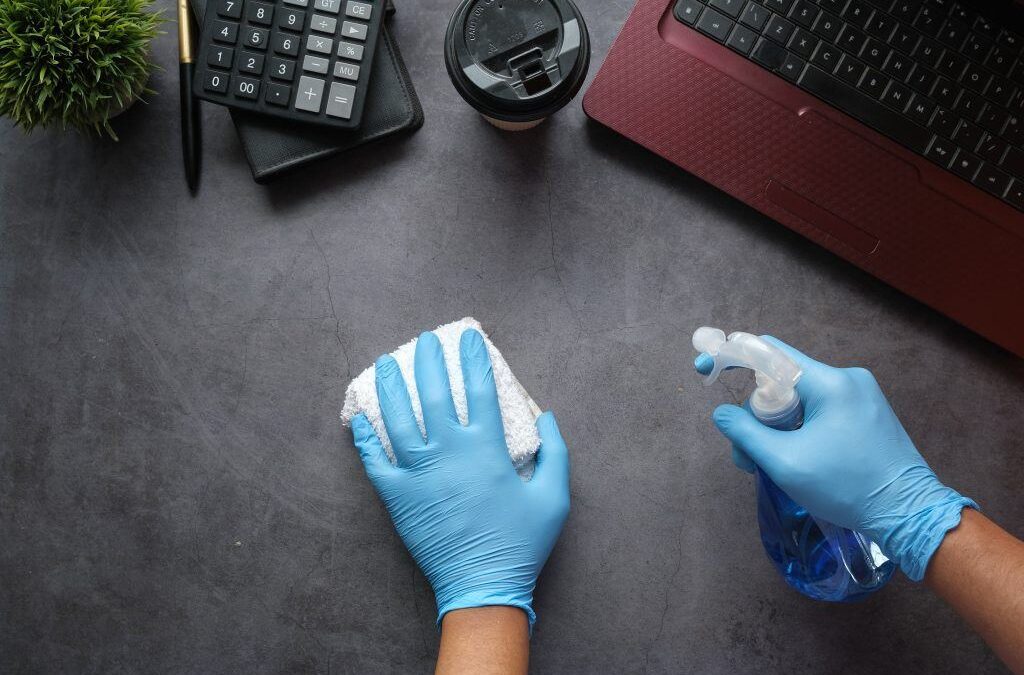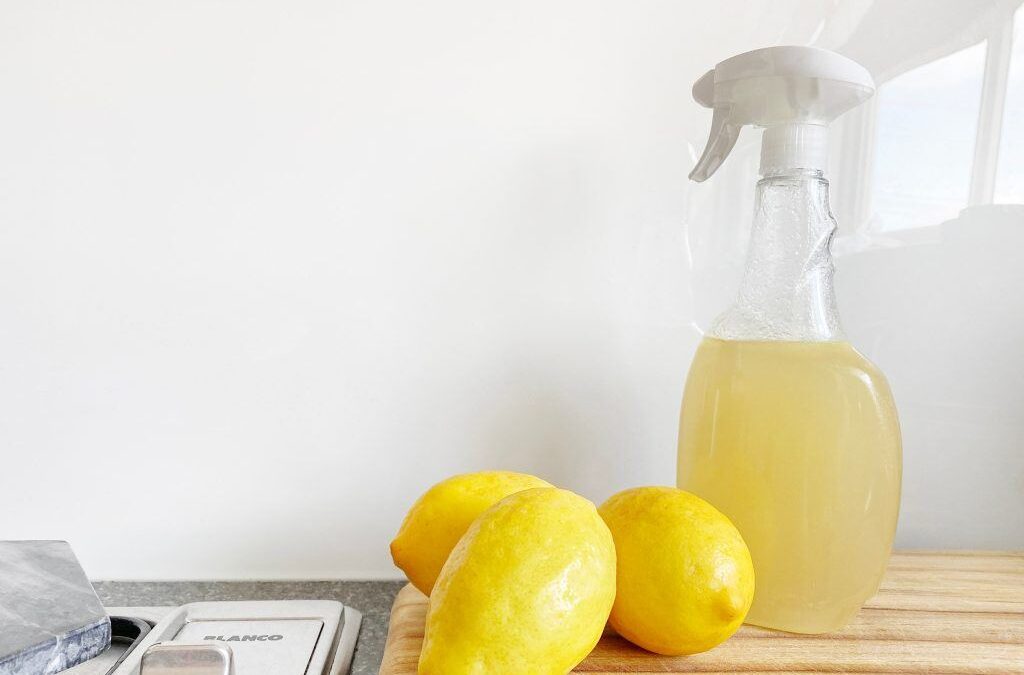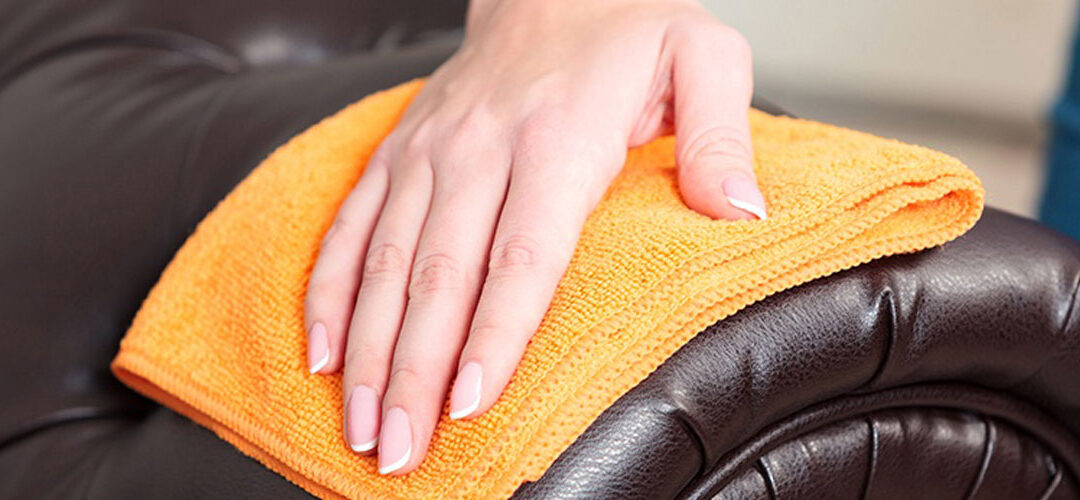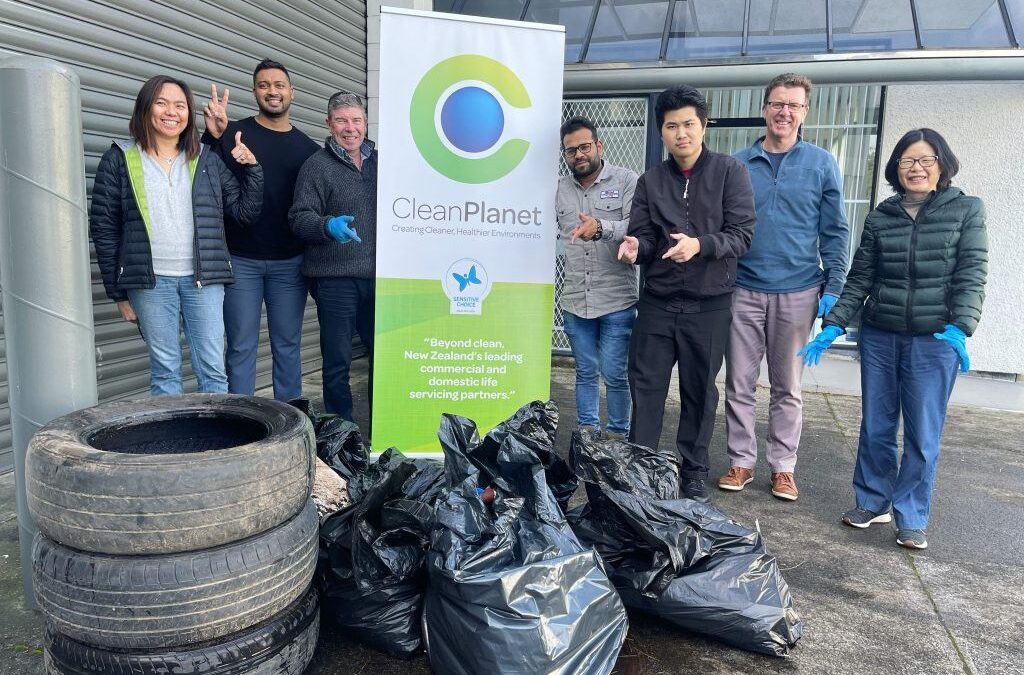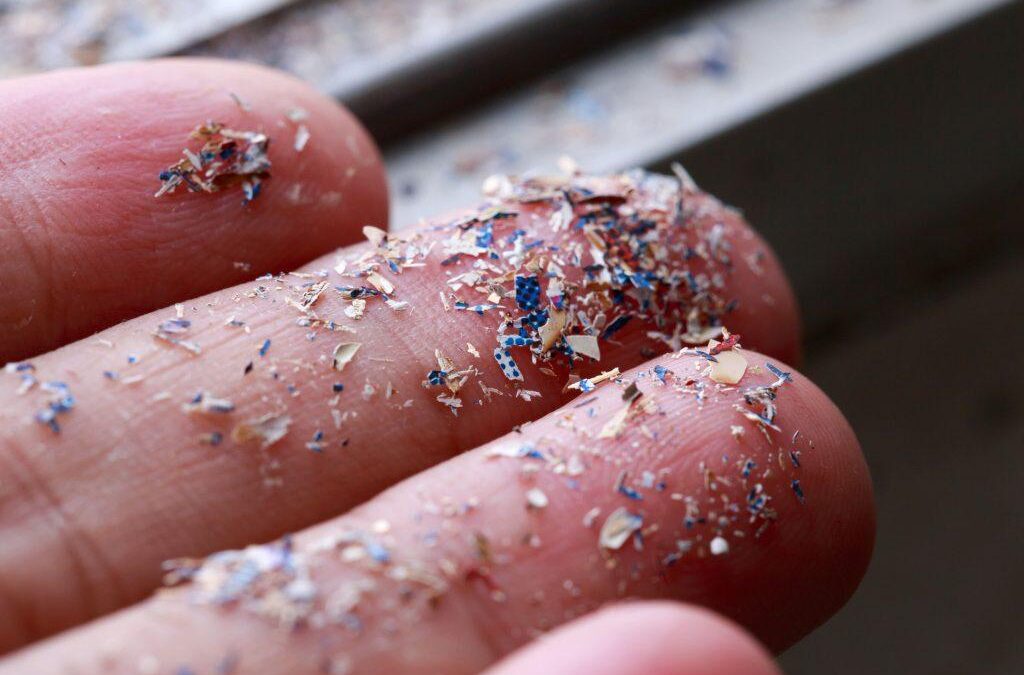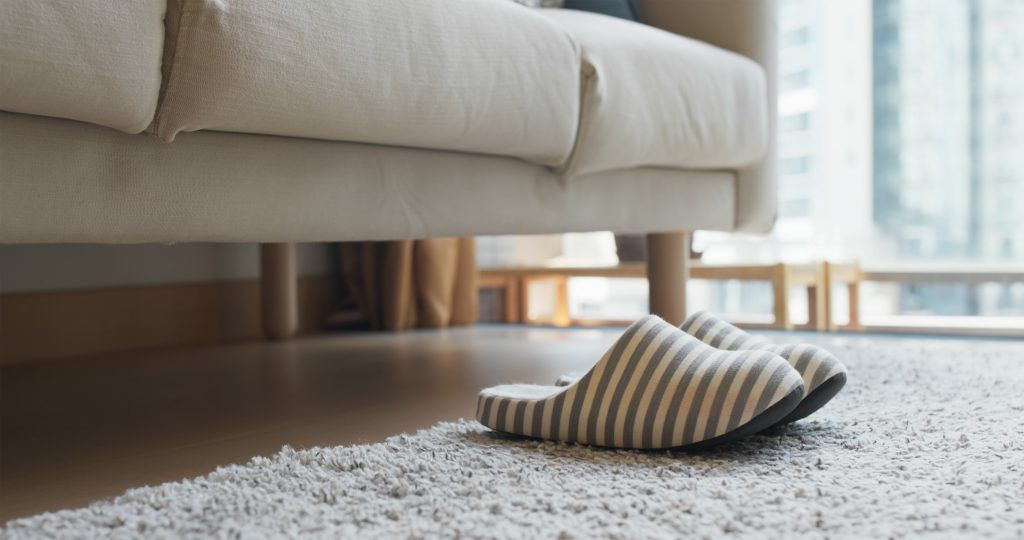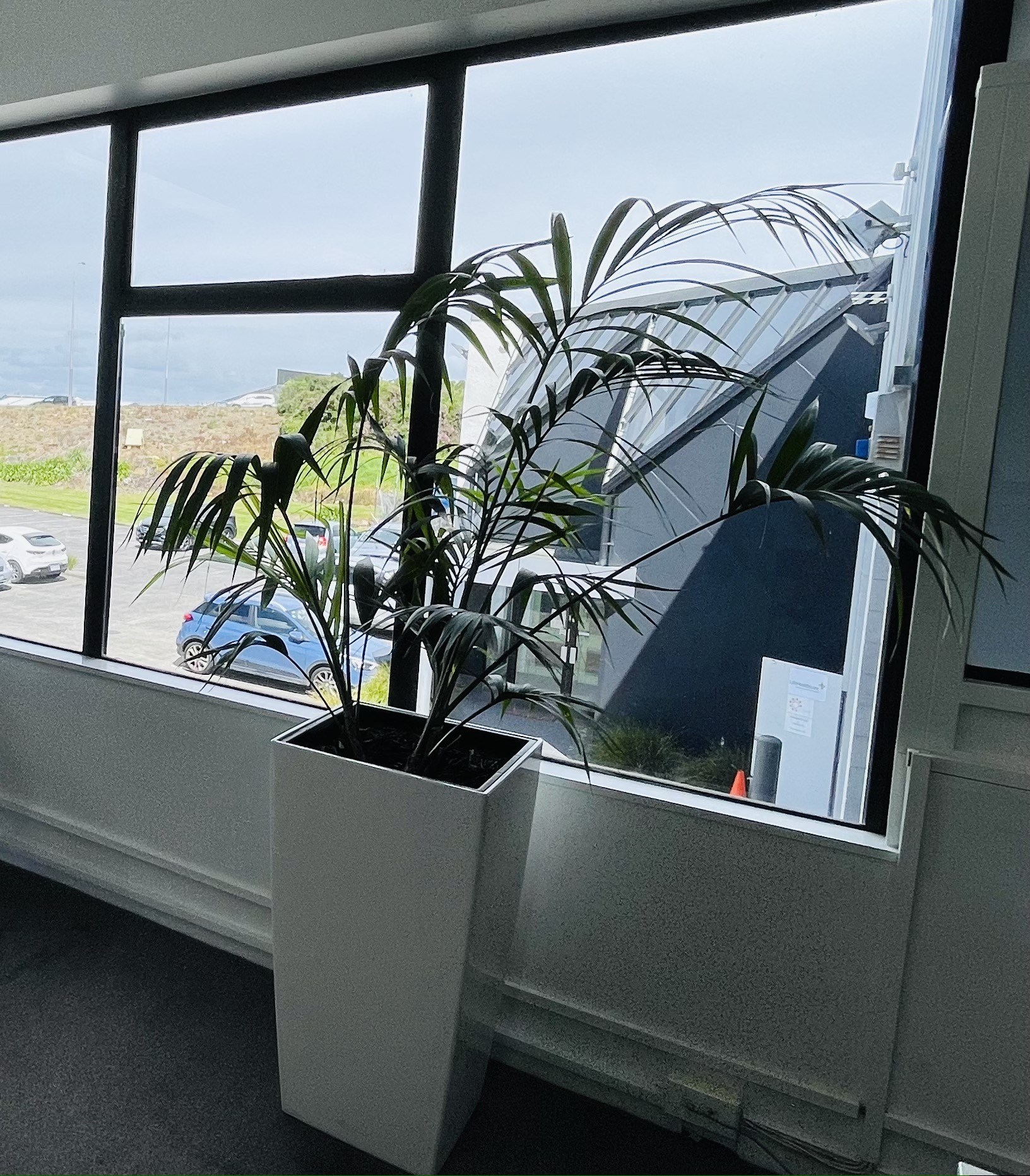Bamboo cloths are a more environmentally friendly alternative to traditional microfibre cloths
When microfibre cleaning cloths were first launched twenty years ago, they were heralded as a breakthrough in sustainable, environmentally friendly cleaning.
Not only were they more effective than traditional cotton cloths, they cut down dramatically on the amount of water, chemical cleaning products and sprays used in the cleaning industry. They seemed like the perfect solution.
They required less effort for better results, saving cleaning companies time and energy and they were also considered kind to the planet. They weren’t thrown in the trash after a single use like paper towels and had a much longer shelf-life than cotton cloths. Microfibre cloths can be washed and reused for years.
Not so fantastic plastic
Recently however, there’s been a backlash against microfibre cloths. Microfibre cloths are manufactured from polyester, a type of plastic, which is of course a petrochemical derived material and a nonrenewable resource. Also, they are not biodegradable which means they don’t decompose when discarded.
More worryingly, microfibre cloths contribute significantly to the ‘micro-plastic’ pollution of our oceans, a lot of which can be traced back to our washing machines. When cloths and other synthetic fibres are washed, millions of micro-plastic particles are discharged into the environment. Tiny bits of polyester and acrylic end up in our rivers and oceans and microplastics are having a devastating effect on fish, birds and marine life. There is also increasing concern about the potential damage to humans from microplastics.
New to bamboo
As part of its sustainable philosophy, Clean Planet has been researching natural alternatives to microfibre cloths for the last year.
“We’ve looked at hemp, we’ve looked at cotton and then we discovered bamboo,” says CEO, Tony Pattison. “I’m not sure if any of our competitors are using bamboo cloths yet but we have begun phasing in bamboo microfibre cloths for our franchisees to use.”
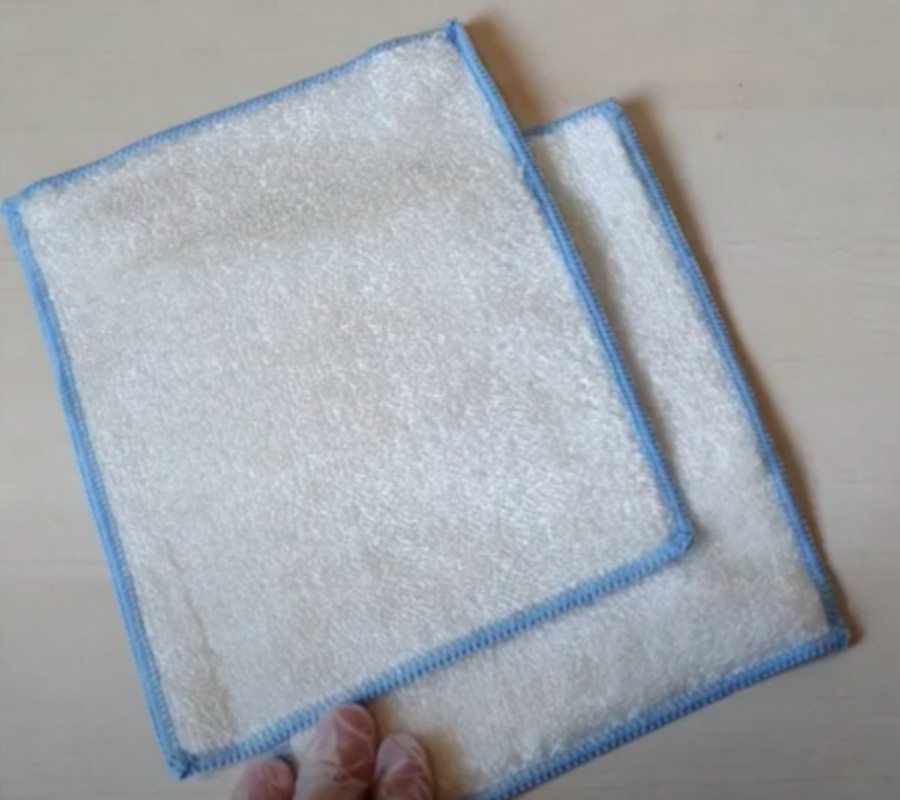
Bamboo has a lot of advantages over microfibre as a raw material. It’s a natural, sustainable product that doesn’t require fertilizers, pesticides or the huge quantities of water needed to grow cotton. Bamboo is naturally resistant to insects and disease and is essentially a self-sufficient crop. It’s also self-replenishing and rarely needs replanting. Bamboo miraculously sprouts new shoots on its own and the yields from one acre of bamboo are significantly more than you would get from an acre of cotton. Bamboo fibres are strong and require less washing than cotton cloths.
Different coloured cloths are used to distinguish cloths used in different areas, e.g. washroom, toilet, or kitchen. Clean Planet is currently using monocoloured cloths but is looking to source coloured bamboo cloths.
Clean Planet’s commitment
Clean Planet is New Zealand’s first health-focused and dedicated environmentally kinder cleaning company.
“Our aim is to eliminate toxic cleaning chemicals and fine tune all of our cleaning processes to ensure we’re ahead of the game when it comes to improving indoor air quality and doing our bit for the environment,” says Pattison.
“As part of our commitment to delivering healthier, environmentally-kinder homes and workplaces for our clients we are supplying bamboo cloths to our franchises and looking to phase out the use of microfibre cloths. We’re also hoping to make bamboo cloths available to the public on our new online store.”
Carola Acuna, who owns a Clean Planet franchise in Manurewa, Auckland has been trialing bamboo cloths in her business and has been very impressed with the results.
“They are great for removing dust without chemicals and I’ve also found them very effective at cleaning mirrors, glass and stainless steel,” says Acuna. “Bamboo is a good alternative to microfibre cloths and I like that they are recyclable.”

